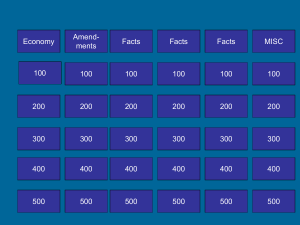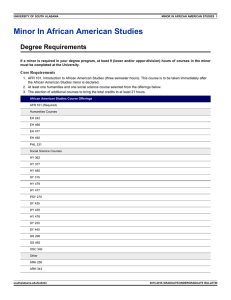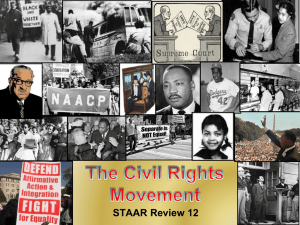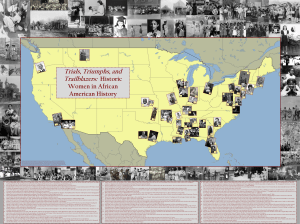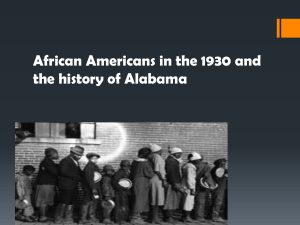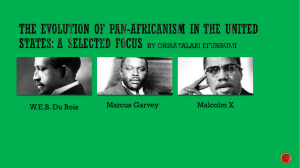Chapter 7 Lesson 2
advertisement
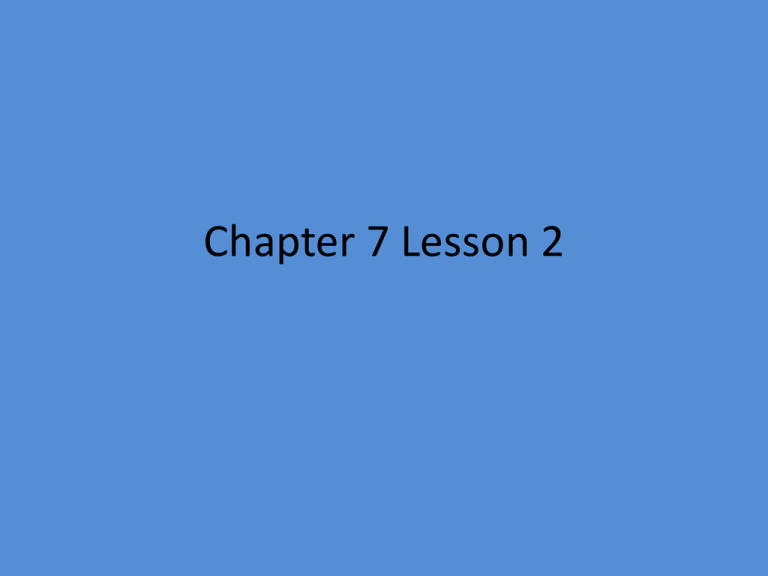
Chapter 7 Lesson 2 Ch. 7 L. 2 Vocabulary • reform • segregate • prejudice • In the late 1800s, many people were moving to cities to work in factories, coal mines, or areas such as banking, medicine, or law. • African American women found domestic (home-related) work, while African American men worked in coal mines. • Women became active working for reform, such as women’s right to vote. • Because of public schools, more people were able to get an education at this time. • In 1893 women were able to attend the University of Alabama for the first time. • Many women attended normal schools, which trained elementary teachers. • Julia Tutweiler and Maria Fearing were two women educators. • Students at Agricultural and Mechanical College of Alabama (now Auburn University) learned about agriculture and science. • Booker T. Washington opened the Tuskegee Normal and Industrial Institute where African American men and women were able to train for jobs in industry and farming. • Other Alabamians were schooled in art, music, and writing. • Roderick MacKenzie and Anne Goldthwalte were two AL artists. • W.C. Handy was a musician and composer from Alabama. • Jim Crow laws segregated African Americans and whites. • Homer Plessy was arrested when he sat down in a section of a train that was for white people only. • The Supreme Court decided segregation was okay as long as it was “separate but equal.” • Some leaders worked hard to stop the prejudice against African Americans. • W.E.B. Du Bois and others started the Niagara Movement which formed the NAACP (National Association for the Advancement of Colored People). They fought for racial equality.





